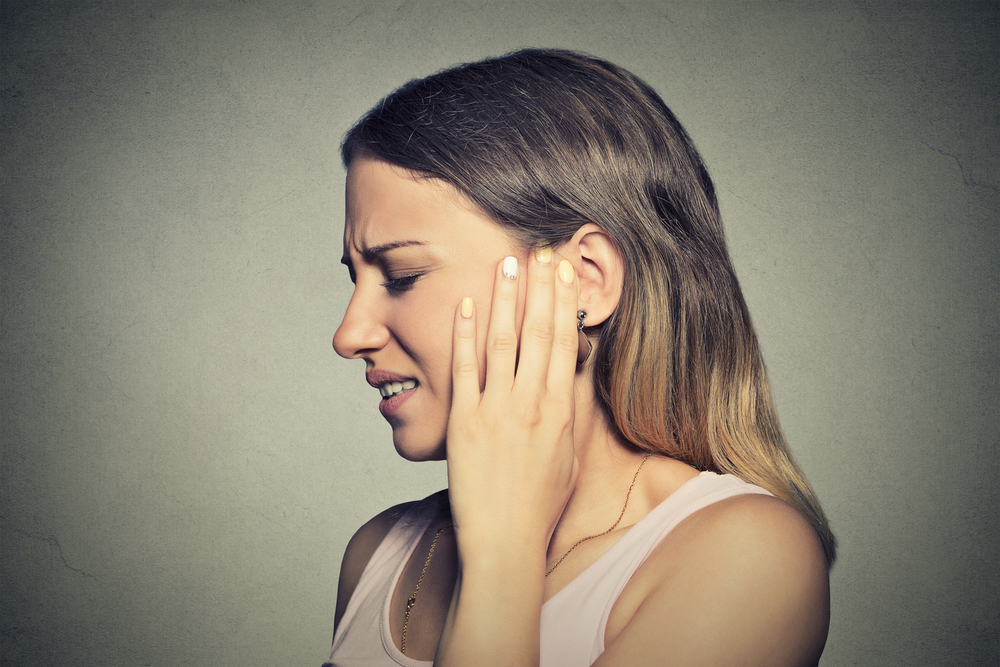
Common Causes of Tinnitus
Tinnitus is a hearing disturbance that can afflict anyone at any time of life. People with tinnitus may hear buzzing, humming, hissing, clicking, pulsing, or even roaring. The sounds may affect either or both ears, may be soft or loud, may be constant or intermittent, and may be temporary or permanent.
Tinnitus is not generated by external sources, rather the sounds arise from problems within the ear, nerves, or brain. Although the condition itself is painless, it can be disruptive. Here are some common tinnitus causes:
1. Exposure to loud noises
Loud noise exposure is the most common cause of tinnitus, meaning that it is often preventable if addressed early in life. Delicate hair cells deep inside the inner ear respond to external sound waves with vibrations, triggering electrical impulses conducted to the brain by the auditory nerves. Either traumatically loud sound events or constant exposure to moderately loud noise can permanently damage these hair cells. Normal sounds may then be perceived as muffled or distorted along with spontaneous random sounds.
2. Ear infections or blockages
Ear wax, pus, fluid, and other material prevent soundwaves from reaching the nerves that carry the signals to the brain. Sometimes a severe sinus or upper respiratory infection spreads into the Eustachian tubes and the middle ear, causing pressure that results in tinnitus.
3. Head or neck injuries
The tiny bones inside the middle and inner ear accompanied by the auditory nerves conduct sound to special centers in the brain that receive and interpret what is heard. Damage can occur to any part of the system from traumatic injury such as whiplash or vehicle collisions, sports contacts, penetrating wounds, falls, or social violence. Other injurious conditions include stroke, parasitic infestation, fungal infection, cancer, and surgical procedures. Permanent nonfunctional scar tissue is often a complicating factor in the process of healing from any kind of damage.
4. Circulatory issues
Issues with the circulatory system such as high blood pressure, malformed arteries and veins, and hardened or blocked vessels have the potential to cause or amplify tinnitus. Pulsatile tinnitus can actually be heard by an examining physician as a whooshing with each heartbeat as the blood pushes through the vessels.
5. Medications
Many medicines, especially in higher doses, are known potential causes of tinnitus. In fact, tinnitus is reported as a possible side effect for approximately 200 medications, including prescription as well as over-the-counter. Aspirin and other nonsteroidal anti-inflammatories are cited as notable sources, but also certain antibiotics, antidepressants, and a specific class of diuretic. Concerns about side effects should always be discussed with the healthcare provider and pharmacist.
Tinnitus is common, but harmless, usually the result of some kind of underlying condition. It affects approximately 50 million Americans, especially older adults with hearing loss. If it comes to the point of reducing a person’s quality of life by impairing hearing ability, concentration, sleeping, or emotions, then consultation with a healthcare provider is the right course of action.



